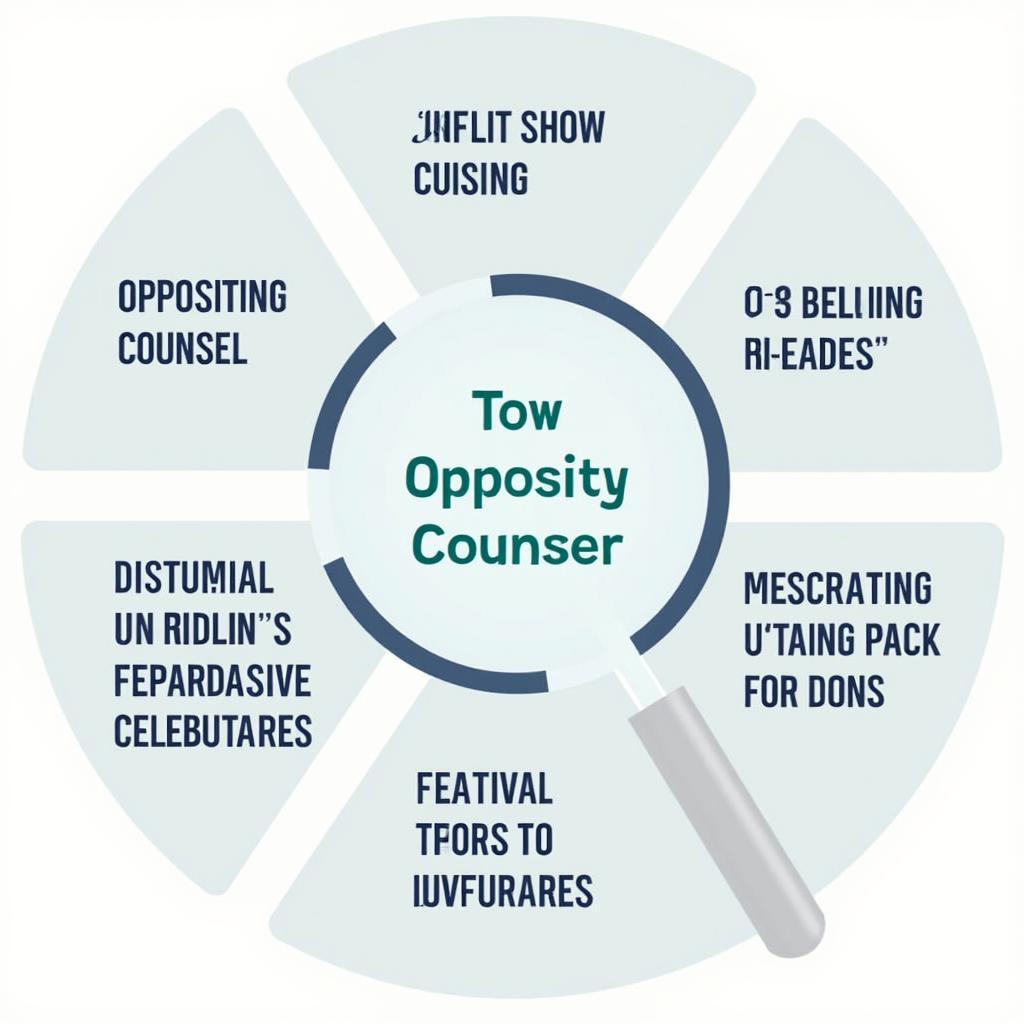
What Happens If a Lawyer Lies to a Judge?
Lying to a judge is a serious offense with potentially severe consequences for a lawyer. It undermines the integrity of the legal system and can damage the lawyer’s reputation and career. This article explores the ramifications of such actions and the mechanisms in place to address them.
Misrepresenting facts, omitting crucial information, or fabricating evidence can lead to sanctions ranging from reprimands and fines to suspension or even disbarment. The severity of the penalty depends on the nature and extent of the deception, the lawyer’s intent, and the impact on the legal proceedings.
Consequences of Lawyer Dishonesty in Court
The consequences of a lawyer lying to a judge are multifaceted, impacting not only the lawyer’s career but also the client’s case and public trust in the legal system.
Impact on the Lawyer’s Career
A lawyer found to have lied to a judge faces disciplinary action by the state bar association. This can include:
- Reprimand: A formal expression of disapproval, often a private warning.
- Suspension: Temporary prohibition from practicing law, ranging from a few months to several years.
- Disbarment: Permanent revocation of the lawyer’s license to practice law.
Beyond these formal sanctions, a lawyer’s reputation can be irreparably damaged. Losing the trust of judges, colleagues, and clients can severely impact their ability to secure future work.
Impact on the Client’s Case
A lawyer’s dishonesty can severely prejudice a client’s case. If a judge discovers a lawyer has lied, the case may be dismissed, sanctions imposed, or the client may be forced to seek new legal representation, causing delays and increased expenses. The client may also have grounds to sue the lawyer for malpractice.
Erosion of Public Trust
When lawyers lie to judges, it erodes public trust in the legal system. It reinforces negative perceptions of lawyers and creates the impression that justice is not being served fairly. Maintaining public confidence in the judiciary is crucial, and lawyer dishonesty undermines this essential foundation.
 Consequences of a Lawyer Lying to a Judge
Consequences of a Lawyer Lying to a Judge
How Are Lawyer Lies Detected and Addressed?
The legal system has various mechanisms for detecting and addressing lawyer dishonesty:
Opposing Counsel
Opposing counsel plays a critical role in uncovering misrepresentations. Their duty is to advocate for their client, which includes scrutinizing the other side’s arguments and evidence for inaccuracies.
The Judge’s Role
Judges have a responsibility to ensure the integrity of the proceedings. They can question lawyers, examine evidence, and ultimately determine the credibility of the information presented.
Disciplinary Boards
State bar associations have disciplinary boards responsible for investigating complaints against lawyers. These boards can conduct hearings, gather evidence, and impose sanctions.
 Mechanisms for Detecting Lawyer Lies
Mechanisms for Detecting Lawyer Lies
What to Do If You Suspect Your Lawyer Has Lied
If you believe your lawyer has lied to a judge, you should:
- Gather evidence: Document any instances of suspected dishonesty.
- Consult with another attorney: Seek a second opinion from an independent legal professional.
- Report to the state bar association: File a formal complaint with the relevant disciplinary board.
 What to Do If You Suspect Your Lawyer Has Lied
What to Do If You Suspect Your Lawyer Has Lied
Preventing Lawyer Dishonesty
Promoting ethical conduct within the legal profession is crucial for maintaining public trust and ensuring a fair justice system. Ongoing legal education, robust disciplinary procedures, and a strong emphasis on professional responsibility can help prevent lawyer dishonesty.
Conclusion
Lawyer dishonesty, particularly lying to a judge, is a serious transgression with significant consequences. Protecting the integrity of the legal system requires vigilance and a commitment to upholding ethical standards. By understanding the ramifications and reporting suspected dishonesty, individuals can contribute to a more just and trustworthy legal system.
FAQ
- What is considered a lie in court by a lawyer? A lie can include misrepresenting facts, omitting crucial information, or fabricating evidence.
- Can a lawyer be jailed for lying to a judge? While rare, in extreme cases, a lawyer could face criminal charges for perjury or obstruction of justice.
- What is the difference between a reprimand and suspension for a lawyer? A reprimand is a formal warning, while suspension involves temporary prohibition from practicing law.
- How can I find out if a lawyer has been disciplined? Most state bar associations maintain public records of disciplinary actions against lawyers.
- Can I sue my lawyer for lying to the court? Yes, you may have grounds for a legal malpractice lawsuit if your lawyer’s dishonesty harmed your case.
- What is the role of the state bar association in addressing lawyer dishonesty? State bar associations investigate complaints against lawyers and impose disciplinary actions.
- How can I choose an ethical lawyer? Research potential lawyers thoroughly, check their disciplinary records, and seek recommendations from trusted sources.




